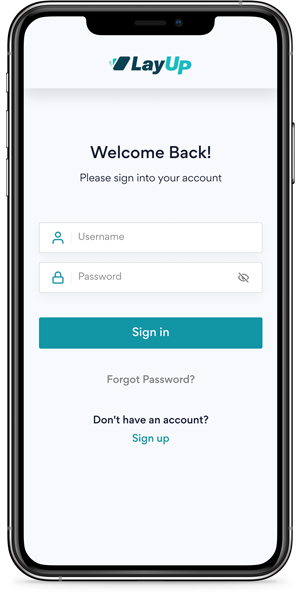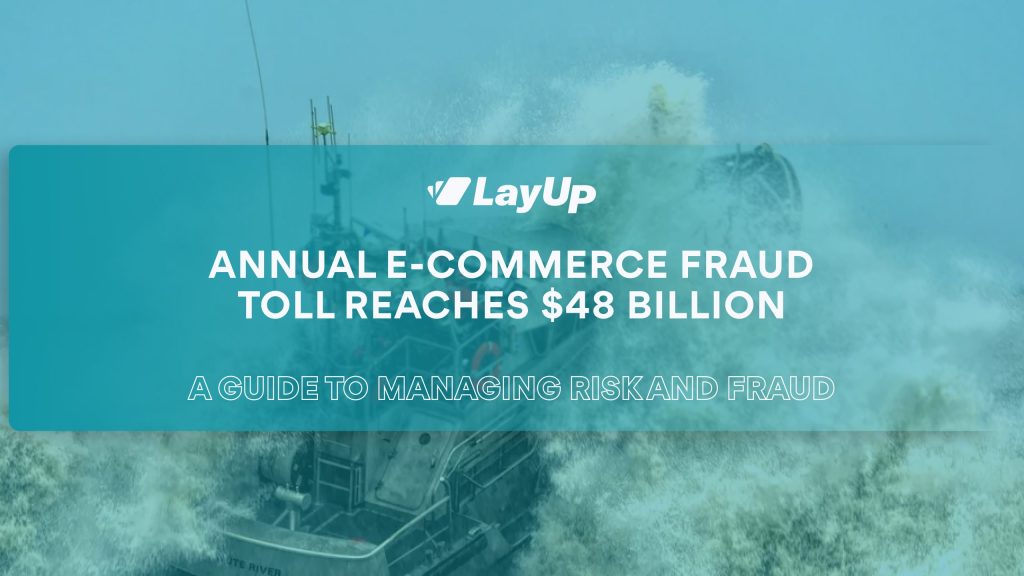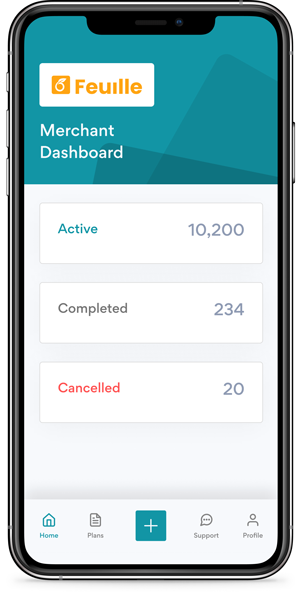Business owners face numerous challenges that can make or break their e-commerce ambitions, a notable hurdle being the ongoing risk of fraud. According to studies, e-commerce companies lose up to $48 billion to fraud each year. As transactions evolve in the digital landscape, safeguarding your business against potential threats becomes paramount.
E-commerce security refers to the tools and methods used to protect online stores. The objective is to secure the information shoppers and businesses utilise in purchasing and selling goods and services on the web. As businesses store increasingly sensitive data in user accounts, such as names, credit card numbers, and addresses for expedited checkout, it becomes imperative for merchants to implement security measures. This is essential not only to maintain customer loyalty but also to adhere to regulations, preventing criminal theft, validation and fraudulent use of consumers’ identity, account, and payment information when they shop online.
Let’s explore the measures that business owners should implement to effectively manage risk and combat fraud in e-commerce.
1. Secure Payment Gateways
Choose payment gateways that prioritise security. This means reputable providers that encrypt sensitive information, ensuring that financial transactions are protected from suspicious eyes. Implementing secure payment methods builds customer trust and forms a foundation for fraud prevention. Some of these payment service providers (PSPs) locally include Peach, Stitch, Ecentric and Electrum.
2. Real-Time Monitoring
Invest in advanced monitoring systems that analyse transactions in real time. Automated tools can quickly pick up unusual patterns or suspicious activities, triggering alerts for immediate investigation. This proactive approach enables businesses to address potential issues before they escalate.
3. Two-Factor Authentication
Adding an extra layer of security through two-factor authentication significantly strengthens the protection of your customers’ accounts. The risk of unauthorised access is substantially reduced by requiring users to verify their identity through an additional step, such as a one-time code sent to their mobile phone. At LayUp Payments, verification through a one-step sign-up process enables instant customer authentication and activation of a payment plan. This is done in real-time via a one-time PIN sent to their phone.
READ MORE: The Rise of Fintech: How Technology is Transforming Business Finance
4. Identity Verification
Criminals gain personal information through various means, including data breaches, phishing attacks, and social engineering. That’s why it’s vital to implement thorough identity verification processes, especially for high-risk transactions or large purchases. This may involve requesting additional documentation or using third-party verification services to ensure the legitimacy of both customers and transactions.
5. Educate and Train Staff
Your team is your first line of defence. Make sure your staff members are educated about the latest fraud trends, phishing attacks, and security protocols. Regular training empowers them to recognise potential threats and act quickly to mitigate risks.
6. Data Encryption
It’s vital to protect customer information by encrypting data. At its core, data encryption is a sophisticated process that converts easily readable data into an unintelligible format, known as ciphertext, through complex mathematical algorithms and cryptographic keys. Secure sockets layer (SSL) and transport layer security (TLS) protocols should be in place to encrypt communication channels, preventing unauthorised access to sensitive data.
7. Regular Security Audits
Conduct routine security audits to assess vulnerabilities in your e-commerce infrastructure, protect data and safeguard your e-business. Regular assessments allow you to identify weak points and implement corrective measures before malicious offenders can exploit them.
8. Collaborate with Fraud Prevention Services
Engage with specialised fraud prevention services that leverage advanced technologies, machine learning, and data analysis to detect and prevent fraudulent activities. These services stay abreast of evolving fraud tactics, providing an extra layer of defence against new and developing threats.
ALSO READ: Revolutionising Finance: The Potential Impact of Decentralised Finance (DeFi) in South Africa
In e-commerce, proactive risk management and fraud prevention are not merely best practices – they are imperative for the sustained success of your business. By implementing these measures, business owners can fortify their defences, protect their customers, and confidently navigate e-commerce. Stay vigilant, stay secure, and pave the way for a resilient and flourishing online business.


